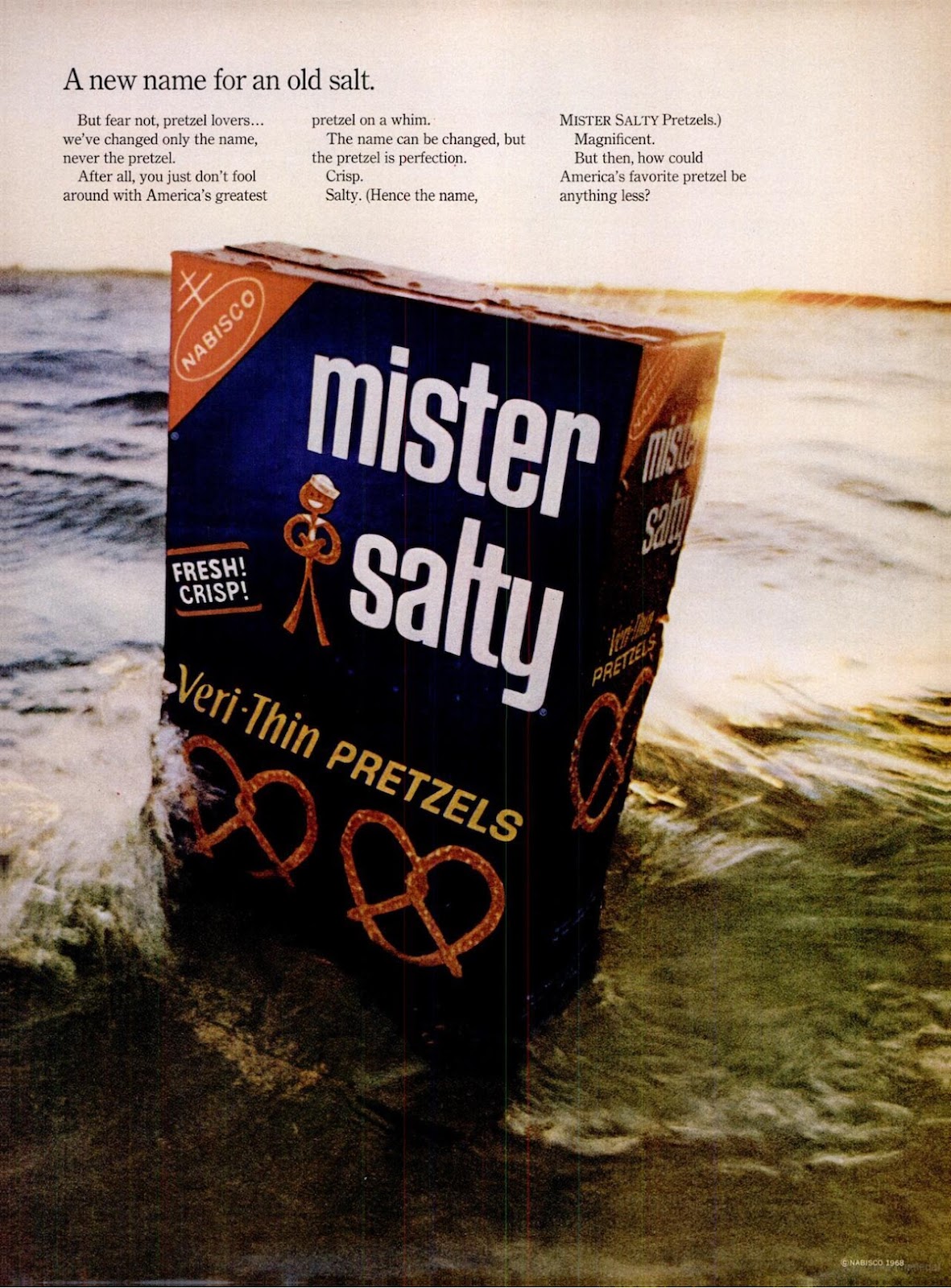[One to four stars. Four sentences each. No spoilers. Sources: Criterion Channel, Netflix, TCM, YouTube.]
Big Eyes (dir. Tim Burton, 2014). Amy Adams as the mid-century American artist Margaret Keane, whose husband Walter Keane took credit for her paintings of children with big, sad eyes. The lie, with Margaret complicit, ran for years. Adams gives a great performance as a woman with and without agency, sitting (like Rapunzel) in a locked room, cranking out paintings for which she can take no credit — until she does. As Walter Keane, Christoph Waltz is all charm, deception, desperation, and, finally, rage. ★★★★ (N)
[If you’d like to see the Life magazine article seen in the movie, it’s here.]
*
The Depraved (dir. Paul Dickson, 1957). To say that it’s more than slightly reminiscent of Double Indemnity is no spoiler: you can see where the story is headed from its first minutes. As a U.S. Army captain stationed in England, Robert Arden has the advantage of even looking as bit like Fred MacMurray; as the calm, cool Laura Wilton, Anne Heywood makes a marked contrast to the weird glamour of Barbara Stanwyck’s Phyllis Dietrichson. The most interesting performances are those of Basil Dignam (nasty, domineering Tom Wilton) and Denis Shaw (an implacable inspector). Only seventy-one minutes, so the thought of murder comes up as soon as the principals meet — there’s no time to lose. ★★★ (YT)
*
Hunted (dir. Charles Crichton, 1952). A man, Chris (Dirk Bogarde), and boy, Robbie (Jon Whiteley), no relation, fleeing London and the authorities, civil and parental. Overtones of Huck and Jim; much stronger overtones of Alfred (Hitchcock), with bumbling policemen, rural innkeepers, and danger in every circumstance. As almost-seven Robbie, Jon Whiteley has little to say, but his silent sorrow and his devotion to Chris are the moral center of the movie. We know what’ll happen to Chris, but what will become of this poor boy? ★★★★ (YT)
*
Room 222, first season (created by James L. Brooks, 1969–1970). I think I owe some explanation of how this viewing effort (twenty-six episodes!) came about: program notes for an orchestral work by Coleridge-Taylor Perkinson mentioned that he wrote the Room 222 theme. No, that was Jerry Goldsmith (Perkinson wrote some incidental music for the series), but the mistake was enough to get our household watching. This series was well ahead of its time, depicting life in a multicultural Los Angeles high school and touching on a wide array of topics (though not, at least in this first season, the war in Vietnam): overcrowded classrooms, outdated pedagogy, economic disparity, global warming, the exploitation of college athletes. History teacher Pete Dixon (Lloyd Haynes), guidance counselor Liz McIntyre (Denise Nicholas), principal Seymour Kaufman (Michael Constantine), student teacher Alice Johnson (Karen Valentine), and student regulars (Heshimu as Jason Allen, Howard Rice as Richie Lane, Judy Strangis as Helen Loomis) make up an earnest, endearing, sometimes contentious, mostly groovy bunch. ★★★★ (YT)
*
A Damsel in Distress (dir. George Stevens, 1937). Story by P.G. Wodehouse, music by George and Ira Gershwin, with Fred Astaire as an American entertainer (what else?) in London. There’s a love interest (Joan Fontaine), who has just one, barely one, dance with Fred. The fireworks kick in when Astaire dances with his press agent and his secretary, George Burns and Gracie Allen, first in a manor house (“Put Me to the Test”), then in a fun house (“Stiff Upper Lip”). The grand finale: “Nice Work If You Can Get It,” with Astaire dancing and playing a drum kit (with both hands and feet). ★★★★ (TCM)
*
The Flight That Disappeared (dir.Reginald Le Borg, 1961). “This whole business has a strange, abnormal ring,” says an airline exec. Indeed, it has the feel of a Twlight Zone effort, with a Rod Serling-like nobility of purpose: to warn against the peril of nuclear weapons. The acting is passable; the sets are low-budget; but the story is imaginative, even daring. And now I know that men’s hats went on the shelf above the seats, where the pillows were kept: “May I take your hat?” asks a flight attendant. ★★★ (YT)
*
I’ve Lived Before (dir. Richard Bartlett, 1956). First it’s 1918; then it’s 1931; then it’s modern times: and it’s all about a commercial pilot who’s convinced he’s the reincarnation of a WWI pilot. Jock Mahoney is the pilot; John McIntire is the psychiatrist presiding over his care; their exchanges are soporific. The big flaw: there’s no sense of eerieness here, just too many dull conversations. Ann Harding’s dignified, understated performance as the WWI pilot’s sweetheart walks away with the movie. ★★ (YT)
*
It Happens Every Thursday (dir. Joseph Pevney, 1953). Capraesque comedy: a New York couple, Jane and Bob MacAvoy (Loretta Young and John Forsythe) buy a dinky newspaper in Eden, California, and wouldn’t you know it, lots of things go wrong — one of which is that the press breaks down every Thursday. Jane is plucky and quick-thinking; Bob is hardworking and cheerful. A great number of familiar faces make for an appealing cast: Edgar Buchanan, Jimmy Conlin, Jane Darwell, Gladys George, Frank McHugh, Regis Toomey, Willard Waterman, Eddy Waller (yes, we watch a lot of older movies). I reached a Capracorn breaking point seeing Jane and Bob’s new baby, “Sister,” nestled in an open file cabinet, and I watched in fear that the movie would end with Jane and Bob realizing — gosh! — that they had forgotten to give her a name. ★★★ (YT)
*
Turn Every Page: The Adventures of Robert Caro and Robert Gottlieb (dir. Lizzie Gottlieb, 2022). A writer and editor, talking about and working out their almost-fifty-year collaboration. Wonderful stuff: a search for a pencil, a search in a margin for the best word, arguments about semicolons, a tower of manuscript pages, a brief discourse about the catalogue of ships in the Iliad (which inspired a passage in The Power Broker ), a visit to the daunting archives of the LBJ Presidential Library, a massive multipage outline thumbtacked to a corkboard that fills a wall. The best moment: writer and editor at work, with mics off — because the work is private. A bonus: music by Olivier and Clare Machon (both formerly of Clare and the Reasons). ★★★★ (YT)
*
Modern Romance (dir. Albert Brooks, 1981). Albert Brooks is Robert Cole, a film editor whose major professional accomplishment in the movie’s 133 minutes is dubbing louder footsteps as George Kennedy runs through the corridor of a spaceship. The movie charts the course of Robert’s relationship with Mary Harvard (Kathryn Harrold), a bank executive who seems to be miles ahead of him in maturity. A funny, sad picture of male insecurity and mistrust. As Elaine wondered, is this what men are really like? ★★★★ (CC)
*
Conspirator (dir. Victor Saville, 1949). It’s like a cross between Jane Austen and Alfred Hitchcock: Melinda Greyton (Elizabeth Taylor), a young American abroad, sits at a London gathering, waiting to be asked to dance; a dashing somewhat older man, Michael Curran (Robert Taylor), a major in the British army, steps into the room; and marriage follows. In the Austen world, that would be the end of the story, but here it’s the beginning, with Melinda’s playful spirit coming up against her husband’s odd absences and unpredictable moments of anger. As the movie’s title suggests, this major harbors a dark secret. Strong overtones of Hitchcock’s Shadow of a Doubt, with discovery, danger, and a lie to preserve a status quo. ★★★★ (TCM)
*
Crime Unlimited (dir. Ralph Ince, 1935). A new recruit to Scotland Yard (Esmond Knight) goes undercover to infiltrate the Maddick gang, jewel thieves flourishing in London. Nothing especially original in the story, but there’s atmosphere abounding, with dark rooms, glaring lights, odd camera angles, a glamorous Russian (Lili Palmer) who may or may not be trustworthy, and a criminal mastermind seen only as a hand over a chessboard. When the mastermind reveals himself, it’s like seeing Fritz Lang’s Dr. Mabuse. But it’s the Hitchcock influence that carries the day and makes the movie watching. ★★★ (TCM)
Related reading
All OCA “twelve movies” posts (Pinboard)
 [An antiques-mall find ($2.00). 5¼″ × 3″. Click for a larger view.]
[An antiques-mall find ($2.00). 5¼″ × 3″. Click for a larger view.]



























